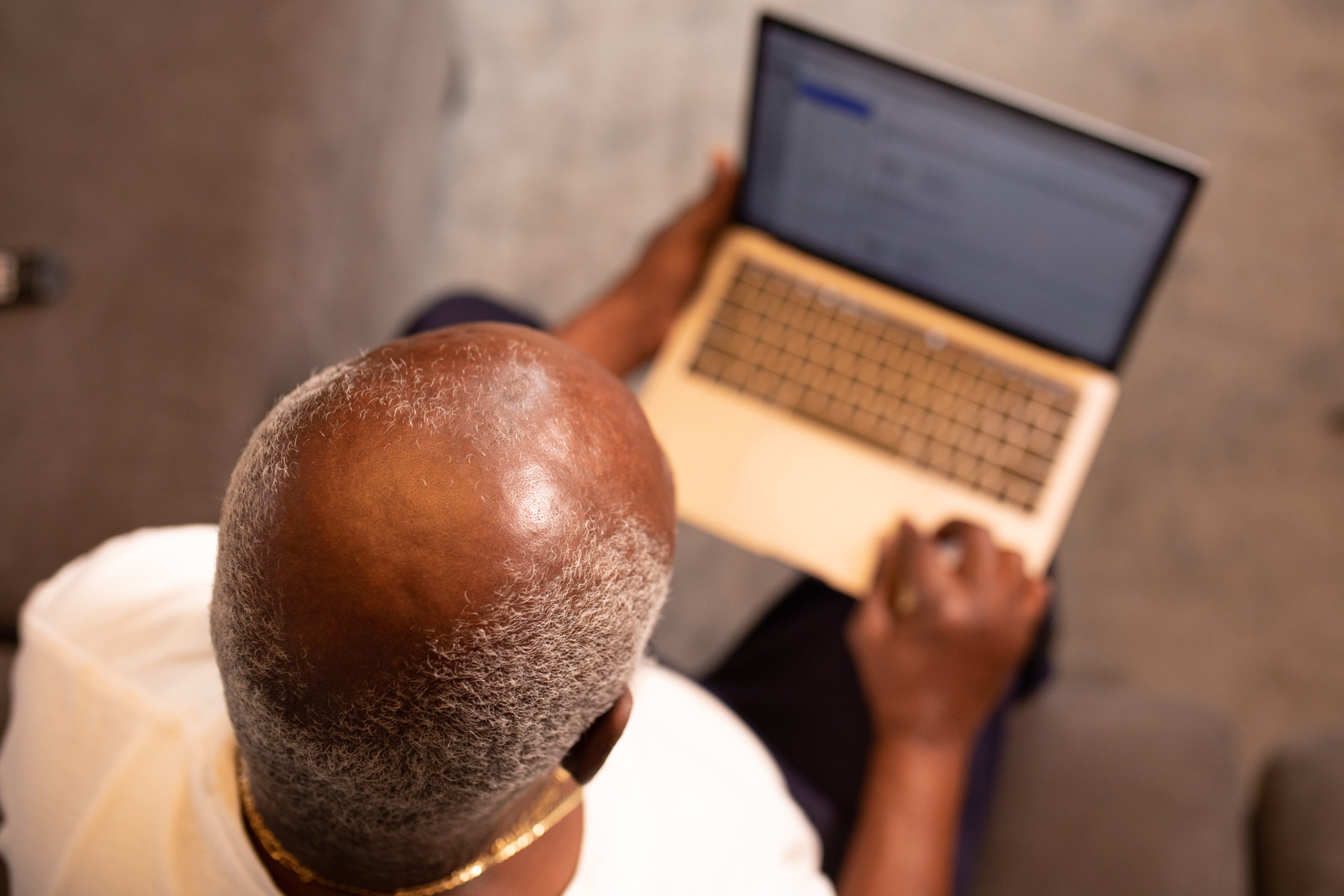Heat Level:  Mild: These tips are beginner-friendly.
Mild: These tips are beginner-friendly.
Bottom Line: As the American Disability Act celebrates its 30th year, its digital applications are becoming more important than ever. So many parts of our lives need to be done online, especially nowadays. So it's important to make sure everyone has equal access to the online world.
Do This: Take a moment to understand what an accessible website looks like, and consider what adaptations your website might need. Honestly, you might need to make just a few simple changes!
 If we've learned anything from the 2020 shutdown, it's that almost any order of business can be conducted online.
If we've learned anything from the 2020 shutdown, it's that almost any order of business can be conducted online.
Ordering groceries? Download an app.
Need lunch? Order on Grubhub.
Buying a house? E-sign from the comfort of your laptop.
It stands to reason, then, that the online world has become just as important as the physical one. That's why the push for online accessibility has become even more critical.
Accessibility is a concept that was spurred by the American Disability Act, which recently celebrated its 30th anniversary. This act declared that anyone, regardless of ability or disability, should have equal access to public resources. That means businesses must make accommodations for those who may have a physical, visual, auditory or other impairment.
The classic example if an ADA accommodation is a wheelchair ramp or handicapped-accessible bathroom. But in recent years, it has become apparent that website owners should be just as concerned about accessibility as restaurant or hotel owners.
When I have presented to business owners about website accessibility in the past, I have been greeted with jaws on the floor. For most people, it's pretty mind-blowing! If you haven't personally used or observed adaptive technologies, it can be hard to fathom how a blind person would use a website, or how a person with limited mobility could surf the web. Here's an example that might help you understand.
This video features a blind person, but there's a wide variety of other reasons a person might use adaptive technologies:
Making your website accessible is appreciated by these users, but it's also just a general best practice. Google even gives a thumbs-up to websites that follow accessibility standards!
One more note about website accessibility: there have been lawsuits against businesses with non-accessible websites. For more on that, here are a few articles:
Curious where your website stands, or what you need to fix to make it accessible? Talk to your website developer, or contact us to run a Lighthouse audit. We'll also tell you about other performance and speed issues your site may be facing.
As a Realtor, your job is to make sure people are able to receive the basic need of shelter. That requirement, coupled with the Code of Ethics, means you owe it to your clients to understand website accessibility. The more aspects of our lives go online, the more important it will be.